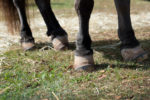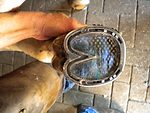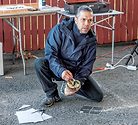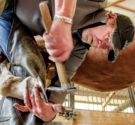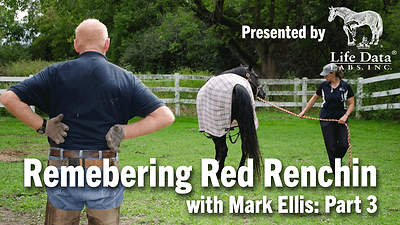Advertise Follow Us
Lamenesses
What Were Farriers’ Online Footcare Interests in 2018?
Here’s a look at the “most viewed” content during the past year that appeared on the American Farriers Journal’s digital media platforms
Read More
Practical Advice for Reading the Horse
At the Northeast Association of Equine Practitioners meeting, Swiss farrier Stefan Wehrli discussed his thorough plan for evaluating a horse
Read More
Shoeing For A Living
Don’t Limit Your Hoof-Care Options
Hall Of Fame farrier Danvers Child wants as many tools at his disposal as possible to benefit the horse.
Read More

